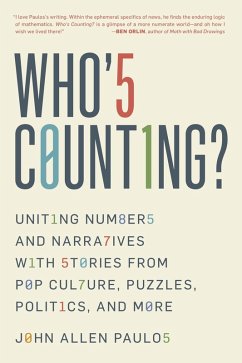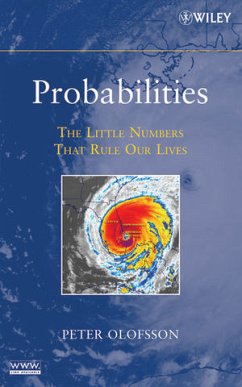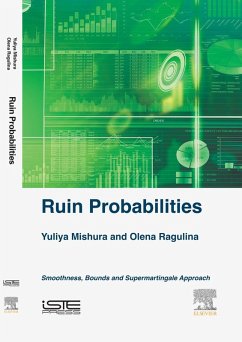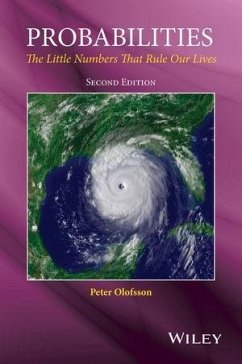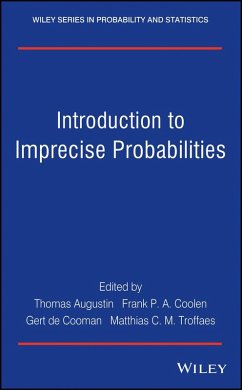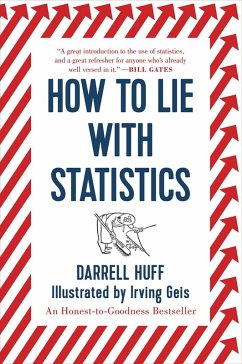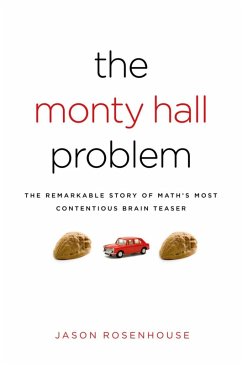
A Philosophical Essay on Probabilities (eBook, ePUB)

PAYBACK Punkte
0 °P sammeln!
In "A Philosophical Essay on Probabilities," Pierre-Simon Laplace presents a foundational work that delves into the principles of probability theory and its philosophical implications. Written in 1814, this essay is characterized by Laplace's methodical literary style, integrating mathematical rigor with contemplative inquiry. Contextually, it emerged during the Enlightenment, a period marked by a growing fascination with rational thought and empirical evidence, positioning Laplace's work as a pivotal convergence of science and philosophy, where he explores the nature of uncertainty and the pr...
In "A Philosophical Essay on Probabilities," Pierre-Simon Laplace presents a foundational work that delves into the principles of probability theory and its philosophical implications. Written in 1814, this essay is characterized by Laplace's methodical literary style, integrating mathematical rigor with contemplative inquiry. Contextually, it emerged during the Enlightenment, a period marked by a growing fascination with rational thought and empirical evidence, positioning Laplace's work as a pivotal convergence of science and philosophy, where he explores the nature of uncertainty and the predictability of events through mathematical paradigms. Pierre-Simon Laplace was a prominent French mathematician and astronomer whose groundbreaking contributions helped shape modern statistics and probability theory. His background in the sciences, particularly his work in celestial mechanics, informed his profound interest in understanding chance and causality. Laplace's quest to apply deterministic insights to probabilistic situations reflects his broader philosophical engagements, particularly exemplified in his famous assertion that, given complete knowledge of a system, one could predict its future state with certainty. This seminal work is highly recommended for anyone curious about the interplay between science and philosophy. It serves as both an intellectual introduction and a comprehensive analysis of probability's implications, making it a critical read for scholars, mathematicians, and anyone interested in the foundations of rational thought and decision-making in uncertain contexts.
Dieser Download kann aus rechtlichen Gründen nur mit Rechnungsadresse in A, B, BG, CY, CZ, D, DK, EW, E, FIN, F, GR, H, IRL, I, LT, L, LR, M, NL, PL, P, R, S, SLO, SK ausgeliefert werden.




